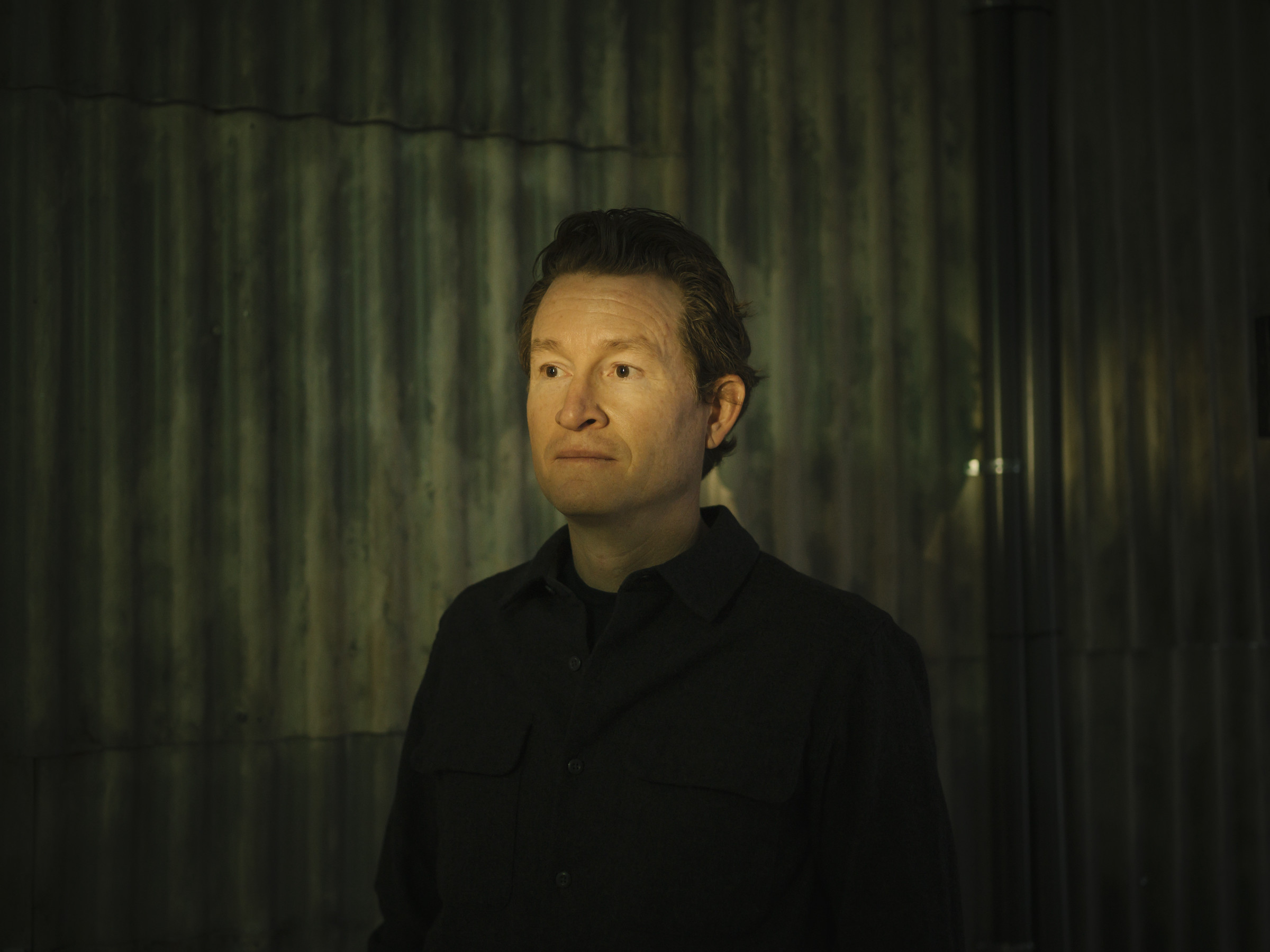A year ago, Patagonia began doing business under a new ownership model. Our founders are no longer the owners, and a trust and a nonprofit now oversee and hold all the financial value of the company. All money not reinvested back in the business is instead invested in protecting our planet, the most important shareholder of all. After one year of living this radical experiment, what have we learned? Quite a bit. Above all, we’ve reaffirmed what we’ve long believed: we need to extract much less from the planet, which will require collective action and achievable shifts in behavior.
Well before our change in ownership, we were a company with a climate strategy, working to reduce the greenhouse gas emissions we create and to protect nature, especially where fossil fuel development and the destruction of forests threaten land and water systems. For decades, we have also focused our advocacy on community-led environmental efforts, starting with where we have global offices and stores, from protecting a local surf break near our headquarters in Ventura, Calif., in the early 1970s to now helping government and NGO partners in Albania establish Europe’s first wild river national park. In more recent years, we have also ramped up our support to frontline communities that have been hurt the most by pollution and the climate crisis. We have put pressure on financial institutions to cut investment in the worst fossil fuel projects. And because the current system of voluntary reporting and glossy marketing commitments is not cutting it, we’ve also been at work developing a point of view on how public policy can effectively curb pollution and address the climate crisis, backing legislation such as the Inflation Reduction Act, the Bureau of Land Management Public Lands Rule, and most recently, the California climate disclosure bills and the New York Fashion Act. We want to be an effective advocate for policy changes that are ambitious enough to save our home planet, but achievable enough to get passed into law.
More from TIME
These are important fundamentals, but they are not enough.
We are working toward a more comprehensive, scalable strategy that also addresses consumption and rethinks waste streams. This includes how we can be even more uncompromising in our approach to quality. As Vincent Stanley, Patagonia’s head of philosophy, writes in his new book: “We have always defined quality as durability, functionality, and as much versatility as possible. But quality in our age also means going beyond doing less harm.” Our end goal is to redefine quality as an environmental and social issue, and to shift consumption habits so all consumers need fewer things and keep them in use for longer.
Read More: Why Patagonia’s Billionaire Founder Just Gave Away His Company
Our new ownership model commits all excess profits to addressing the environmental crisis. This is an important new lever within our climate strategy. It permanently connects our financial value to our values, and in so doing, it closes the loop as we attempt to use every part of our business to protect the planet.
In its first year, the Holdfast Collective, the nonprofit that oversees Patagonia (and owns all nonvoting stock), committed over $50 million across 10 countries in service of our planet. This is in addition to the money the company donates through its 1% for the planet program, which to date totals over $200 million. Following Patagonia’s approach to supporting nonprofits, the grants from the Holdfast Collective vary from catalytic to long term, but focus on addressing the root cause of the climate and ecological crisis.
Over the past year, we have been asked if we should be selling more stuff so we can give away more money—or become a nonprofit. Until we can make products that give back to the planet, unrestrained growth would only make the problems we are trying to solve worse. And arguably our most important accomplishment from our first 50 years will not be the money given away or the products themselves, but instead proof that a business can be successful and in service to people and the planet at the same time.
And yet, still, this is not enough.
A livable planet requires humans to see themselves as part of nature, not separate from it. This will require a society-wide transition and transformation. The good news is that solutions are available. It’s the courage and imagination necessary to advance them that has been lacking. Patagonia alone is not going to make a dent in the environmental crisis. But maybe, through our example, we can inspire new paths for more collective good.
Ryan Gellert is the CEO of Patagonia, one of TIME’s 100 Most Influential Companies of 2022 and 2023.
- The 100 Most Influential People of 2024
- Coco Gauff Is Playing for Herself Now
- Scenes From Pro-Palestinian Encampments Across U.S. Universities
- 6 Compliments That Land Every Time
- If You're Dating Right Now, You're Brave: Column
- The AI That Could Heal a Divided Internet
- Fallout Is a Brilliant Model for the Future of Video Game Adaptations
- Want Weekly Recs on What to Watch, Read, and More? Sign Up for Worth Your Time

